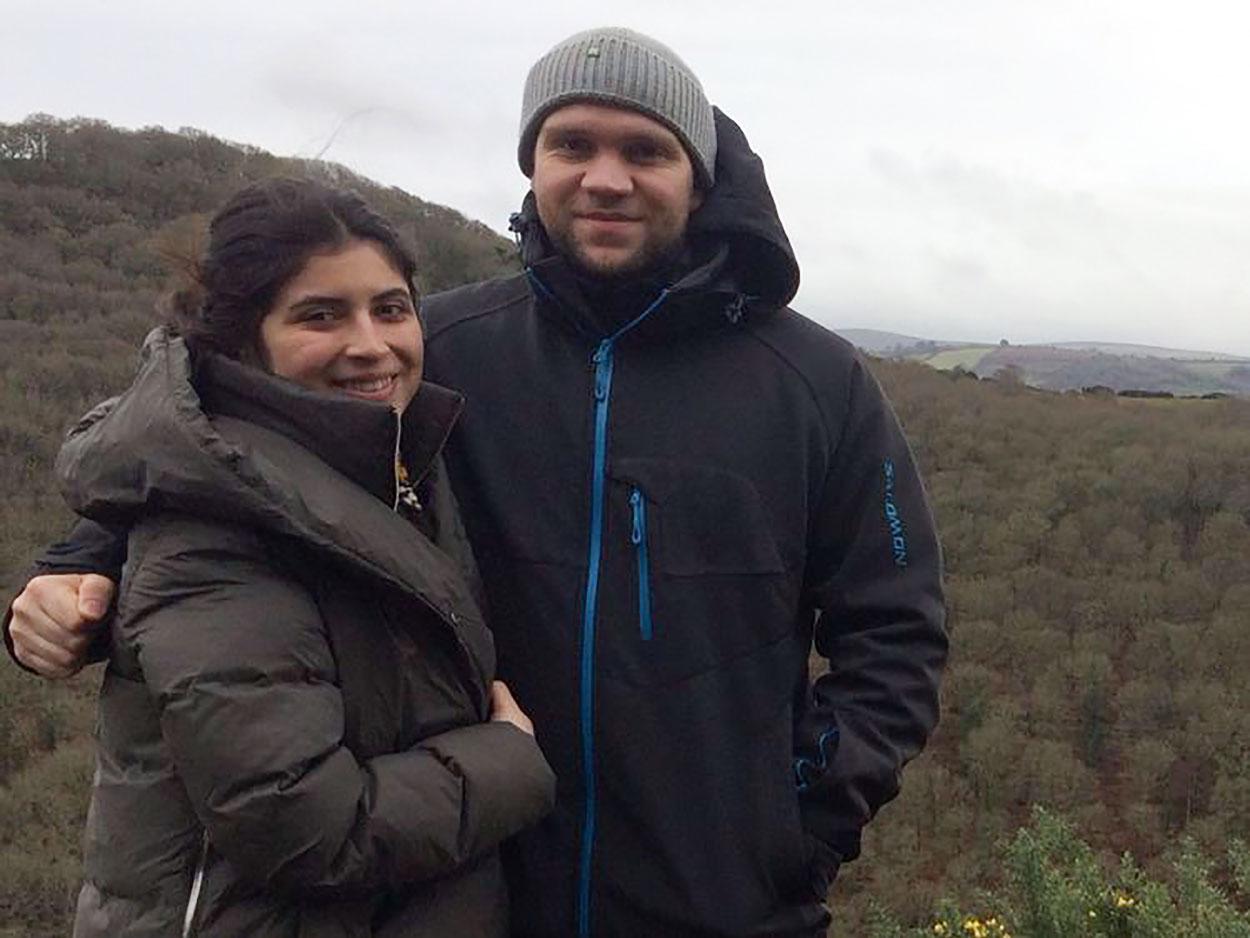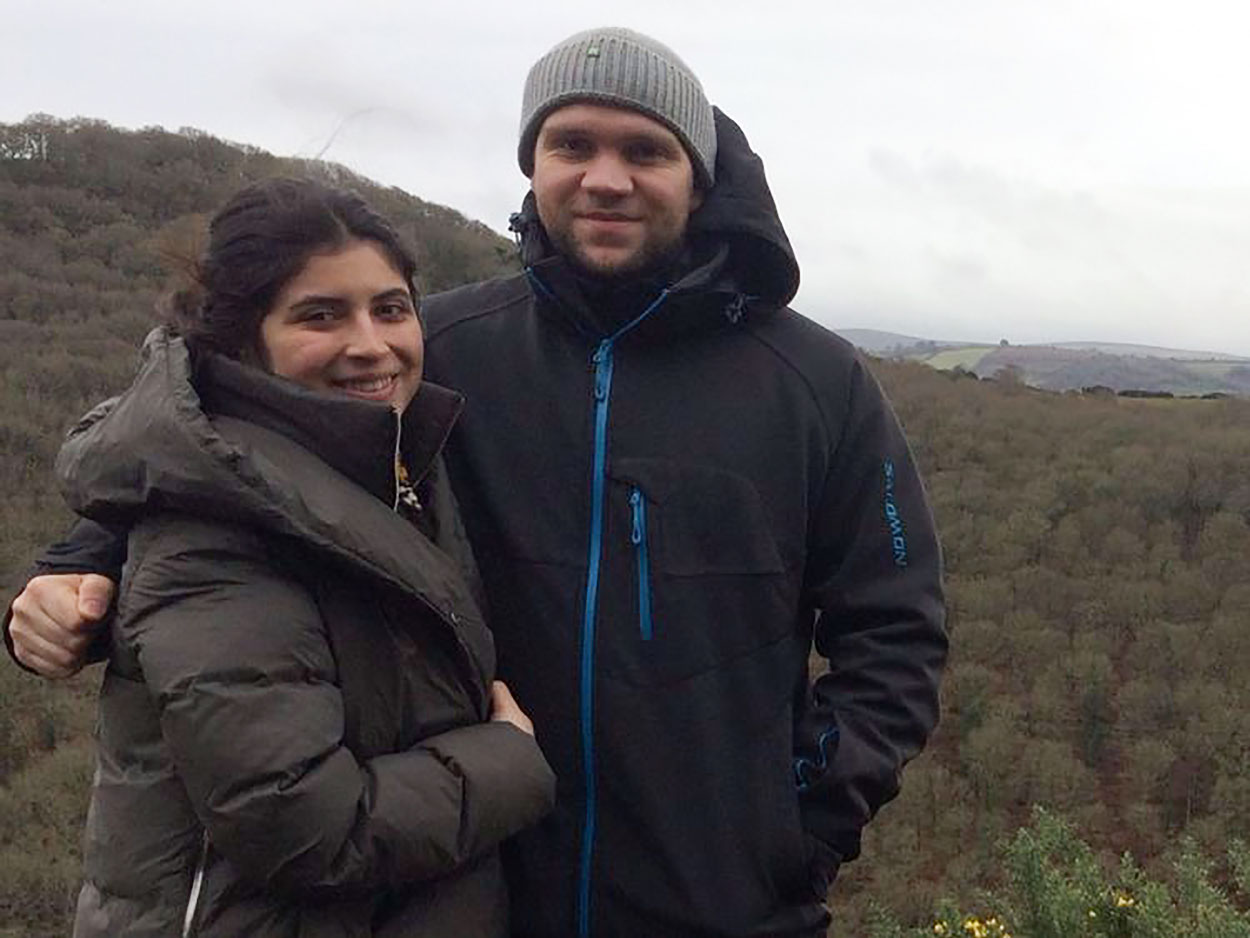UAE court sentences British student to life for spying
DUBAI - A United Arab Emirates court sentenced British student Matthew Hedges to life in jail on spying charges on Wednesday, prompting a "shocked" Britain to warn of repercussions for relations with its longstanding Gulf ally.
Mr Hedges was first arrested at Dubai International Airport on May 5 after an Emirati man told police he had been asking for sensitive information.
Hedges, a 31-year-old PhD student, had protested his innocence ever since his arrest and British ministers had raised his case at the highest level.
Hedges was researching the UAE's foreign and internal security policies after the Arab Spring revolutions of 2011, studies that Britain insisted were entirely innocuous but which the UAE said threatened its political and economic security.
British Prime Minister Theresa May said she was "deeply disappointed and concerned" at the verdict.
"We will continue to press this matter at the highest level with the Emiratis," she told parliament.
British Foreign Secretary Jeremy Hunt said he was "deeply shocked" by the UAE court's decision and warned of repercussions.
"Today's verdict is not what we expect from a friend and trusted partner of the United Kingdom and runs contrary to earlier assurances," he said.
"The handling of this case... will have repercussions for the relationship between our two countries, which has to be built on trust.
"I regret the fact that we have reached this position and I urge the UAE to reconsider," he added.
Hunt said he had personally raised the case at the highest levels of the UAE government, including during a visit to Abu Dhabi on November 12.
The case comes with relations already tested over the UAE's role in the Saudi-led military coalition battling Yemeni rebels since March 2015.
The deployment of Emirati ground troops, trainers and advisers alongside government forces advancing on the lifeline rebel-held port of Hodeida has prompted calls by some for Britain to halt or place conditions on its huge arms sales to the UAE.
'Nightmare even worse'
The full statement from the court, translated from Arabic, reads:
"The Federal Appeals Court of Abu Dhabi sentenced Matthew Hedges, 31, to life imprisonment after being convicted of spying on the UAE and providing sensitive security and intelligence information to third parties. The court also ruled that he would be deported from the country after the execution of the sentence and would be charged the costs of the legal case. The court ordered the confiscation of all his equipment, devices, research and studies. The convicted person has the right to challenge the ruling with the State Security Department of the Federal Supreme Court within a maximum period of 30 days."
Last month, Mr Hedges was released on bail but will now be jailed again until his appeal before the Federal Supreme Court.
Hedges' wife Daniela Tejada, who had campaigned vigorously for his release, said the court ruling showed that the UAE was not a genuine ally of the UK.
"They say that the UAE is an ally, but the overwhelmingly arbitrary handling of Matt's case indicates a scarily different reality, for which Matt and I are being made to pay a devastatingly high price."
Tejada was in court for the sentencing.
"This has been the worst six months of my life, let alone for Matt who was shaking when he heard the verdict," she said.
"The UAE authorities should feel ashamed for such an obvious injustice. I am very scared for Matt. I don't know where they are taking him or what will happen now. Our nightmare has gotten even worse."
She had previously expressed concern for his safety, saying he was being held in solitary confinement at an undisclosed location with limited access to the British consulate and his family.
According to Tejada, Hedges was “fascinated by Emirati security”. His research reportedly focused on relationships between different tribes in the UAE.
Dr Anwar Gargash, the UAE's Minister of State for Foreign Affairs, previously said that the case had been "extensively discussed with UK colleagues" over the past five months.
He also wrote on Twitter that "unusual and embarrassing revelations about friends and allies" had come to light as a result.
'Take a stand'
Tejada was deeply critical of the British government over the failure of its discreet, behind-the-scenes diplomacy in the case.
"Matthew is innocent. The Foreign Office know this and have made it clear to the UAE authorities that Matthew is not a spy for them. This whole case has been handled appallingly from the very beginning with no one taking Matthew's case seriously," she said.
"The British government must take a stand now for Matthew, one of their citizens."
Durham University in northern England, where Hedges was studying for his PhD, said it was "devastated" to learn of his sentence.
Vice-Chancellor Stuart Corbridge said the judgement had been "delivered in the absence of anything resembling due process or a fair trial".
"There has been no information given on what basis Matt was handed this sentence and no reason to believe that Matt was conducting anything other than legitimate academic research," Corbridge said in a statement.
UAE attorney general Hamad al-Shamsi said earlier this month that Hedges was accused of "spying for a foreign country, jeopardising the military, political and economic security of the state".
He said that the Briton was referred to court based on legal evidence from investigations that were carried out by the public prosecution.
"The investigations guaranteed the accused's legal rights in accordance with the UAE's constitution and legal system, and close monitoring of members from the British Embassy."
Al-Shamsi said that Hedges had carried out the "unlawful act of spying" under the cover of an academic researcher and his confessions to investigators lined up with the "evidence and information taken from his electronic devices".
He noted that the UAE government had provided the Briton with a lawyer to represent him after he failed to hire one, saying his right to a "fair and transparent" trial was "guaranteed by the UAE's laws and constitution."



